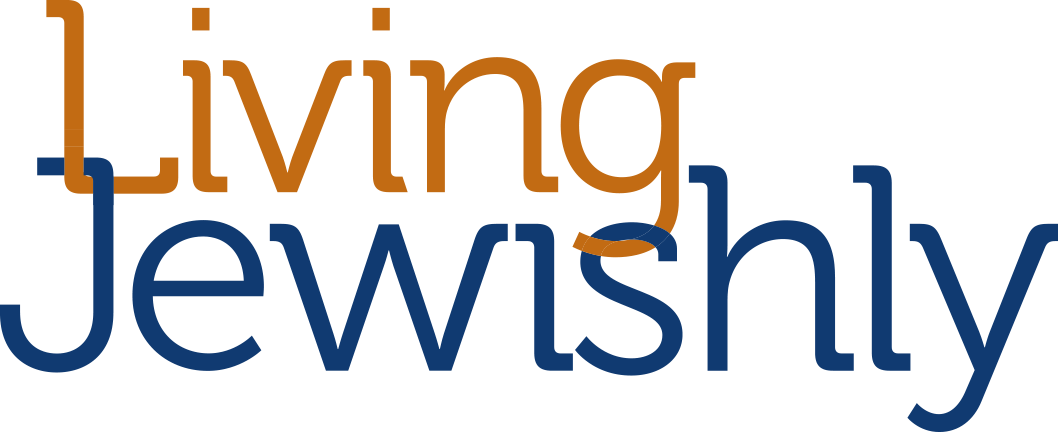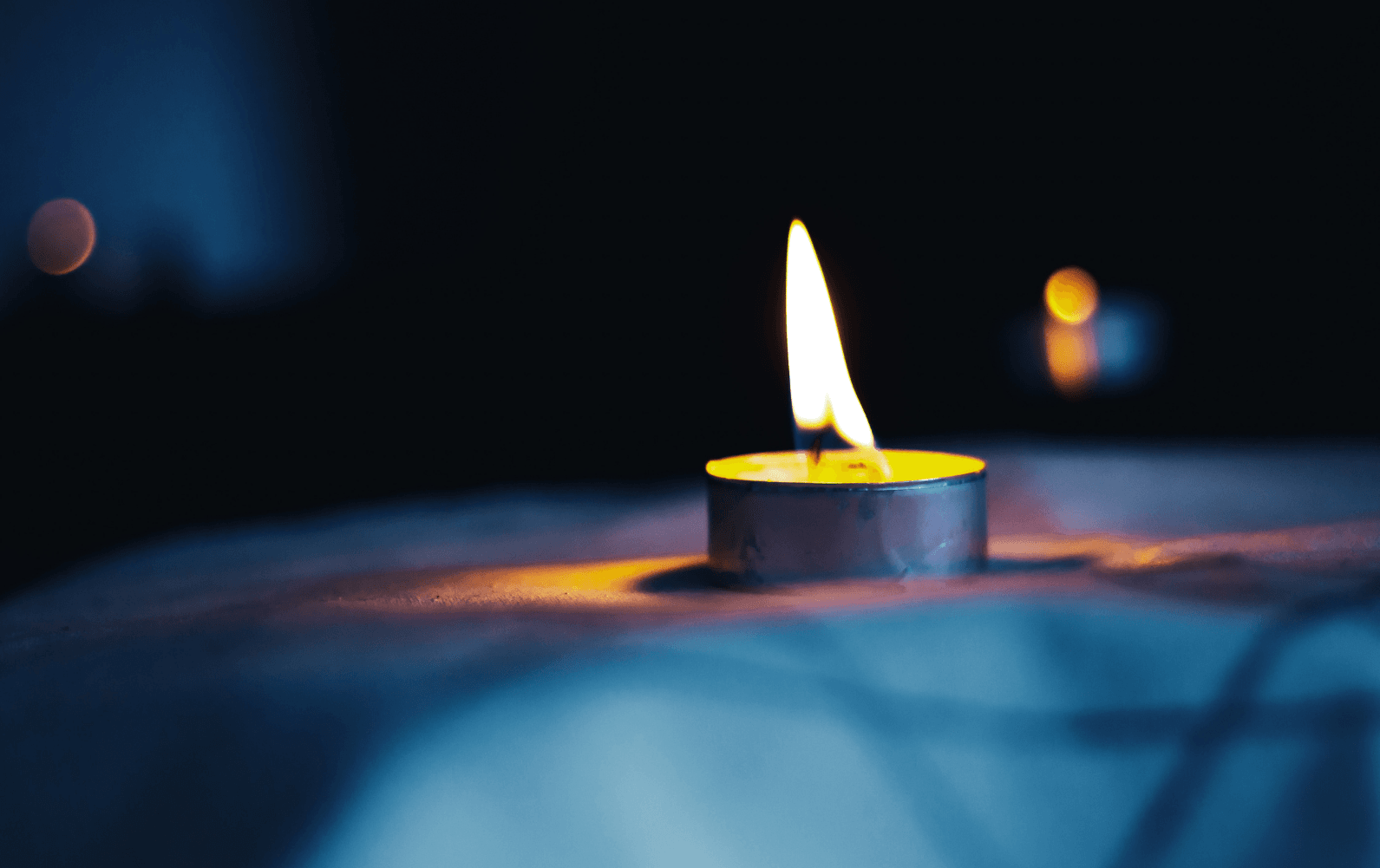“There are places in the heart that do not yet exist; into them enters suffering, in order that they may have existence.” Leon Bloy.
If the French Catholic novelist Leon Bloy is correct, then there are many millions of new “heart places” that emerged in the Holocaust. I am certain that every single one of those who perished, or survived with trauma that haunted them forever, would have been completely sanguine with more circumscribed hearts, in exchange for Nazism never having been born. But they had virtually no agency over their bodies and souls. It is left to us and for our descendants to speak for those who had no voice and no power.
In Israel especially, Yom Hashoah (Holocaust Remembrance Day) followed in quick succession by Yom Hazikaron (Day of Remembrance for those who fell in wars from 1948 onwards, as well as victims of terror) and Yom Ha’atzmuat (Israel Independence Day) are a kind of holy trinity, rivalling and in many cases surpassing the emotional and existential importance of Rosh Hashana and Yom Kippur. If there are sacred days for many Israelis, this next week is the High Holiday period.
But with each passing year, events now conspire to weaken our memory of the Holocaust. This dilution is, in part, a natural result of that time period now receding back into “the past”, something that is especially accelerated by the death of any remaining witnesses to the monstrosities. March of the Living organizers, for example, announced a few weeks ago that this year’s march, which is set to take place in Poland on April 28, will be attended by only eight Holocaust survivors. (Seventy survivors attended the last in-person March of the Living, held pre-Covid in 2019). It is entirely possible that this may be the last march with any accompanying survivors.
Other reasons for desensitized awareness of the Holocaust have to do with the repetitive borrowing and misuse of the Holocaust terminology for everyone’s favourite pet peeve or complaint (see my Living Jewishly blog “A Eulogy for Common Sense”, on December 14, 2021). And it is also generally true that young people often are drawn to the latest set of headlines and tend to be less conscious of historical events that many of us who lived through them are sure will never be forgotten. So those who are old enough, reminisce about “where they were” when Kennedy was shot/9/11 happened, but if you are 18, you won’t even remember the birth of Facebook.
And lastly, whomever a given culture values—in the case of the West that would be entertainers—leads inevitably to many of us knowing about Kim and Kanye and Jay Z and Tiger and LeBron and Eminem/Madonna/Bono/ Sting/Beyoncé (we don’t even require a last name) but remaining oblivious to Natan Sharansky or Norman Borlaug (for such matters was Wikipedia invented).
One way to ensure that names remain etched in cultural awareness is to name a holiday after the person, which is part of why Gen Alpha can register Martin Luther King Jr. and not Malcolm X. In a similar fashion, Israelis of all ages cannot help but know about the trio of public holidays mentioned above, because they are woven into the national framework and affect basic things like schools and other institutions being closed.
So if we consider it a Jewish imperative, especially in the Diaspora, to “never forget” the 6 million, we need to first assess how this phrase now should manifest practically, and also be alert to the fact that each generation wears a different set of historical antennae. Perhaps we have reached the point where it is time for a reset in terms of how we communicate about the Shoah moving forward. As Baroness Ruth Deech in the UK has noted, anti-Semitism has been increasing in countries such as France and the US, and has not been prevented by the existence of Holocaust memorials and museums there. Memorials are sober and appropriate tributes to the dead, but it is unclear if they inspire the living, especially–as in the case of many young people–those who will never visit or be exposed to them.
Children learn best by doing and having some kind of stake in their education. For instance, the 2004 film “Paper Clips” documents the children of the Whitwell, Tennessee Middle School trying to collect 6 million paper clips to represent the vanquished as a part of their study of the Holocaust. And if a trip is scheduled to a museum or memorial, the follow-up discussion can be just as if not more important than the visit. How did students process the day? What made the biggest impression? How long before their attention began to wander? Do they feel they understand more now not just about Nazism, but about current anti-Semitism? Was the experience formative or forgettable?
But maybe more important than anything from a Jewish point of view, is that if the point of recalling this black hole in Jewish eternity is to ensure a different future, then I would suggest that such a future can only be actualized if Jews are invested in their Jewishness and their Judaism. I cannot think of a worse foundation for ongoing Jewish values than to base a lot of them on our people’s suffering and the anti-Semitic behavior of our enemies. My experience in four decades of Jewish education is that is mistaken and ultimately futile to forge a continuous and positive Jewish identity simply as a refutation of heinous anti-Semitism. (Or as a secular student of mine once remarked, “the Holocaust makes me anti-Nazi, not pro-Judaism.”)
As the late R. Jonathan Sacks incisively comments: “The Holocaust did not make Jewish survival a mitzvah. In the holocaust, for example, gypsies too were singled out, but that did not make it a command to be a gypsy. We can imagine a hypothetical Hitler who decreed a final solution against homosexuals, but that would not of itself sanctify homosexuality. Jewish survival has religious significance after the holocaust only because it had significance before the holocaust.”
As we reach another Yom Hashoah, let us stand up and pay close heed to those who paid the ultimate price for being Jews, and honour their lives-cut-short, by robustly and proudly identifying—in positive feelings and acts– with the Jewish future that they were denied and thus giving an ongoing voice to those who were robbed of speech.


0 Comments